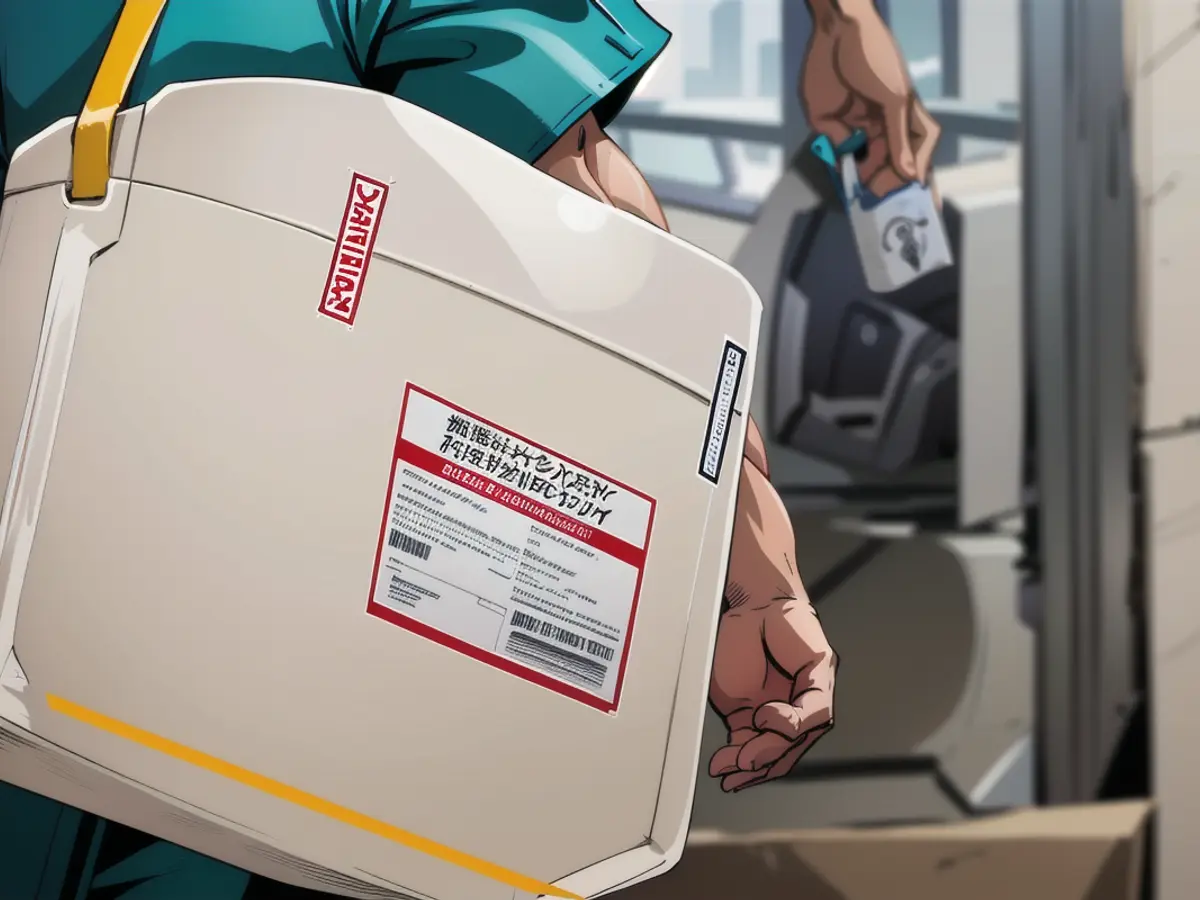Wellness News: Get updates on various health topics and breakthroughs in the field of medicine. - MV backs plan for restructuring organ donor system.
Mecklenburg-Vorpommern is advocating for a significant shift in Germany's laws regarding organ donation in order to tackle the ongoing scarcity of donor organs. The 2022 reform, intended to enhance decision-making authority, hasn't yielded any substantial improvements yet, according to Health Minister Stefanie Drese (SPD). As a result, the state government decided unanimously on Tuesday to take part in the North Rhine-Westphalia-led federal council initiative to modify the legislation.
"We want to attempt creating a paradigm shift by implementing the opt-out system in the Transplantation Act. This would provide a fantastic opportunity to attract more prospective donors, similar to how it's done in France, Ireland, Italy, Austria, and Spain," stated Drese. Under this proposal, every person would be presumed to be an organ donor unless explicitly stated otherwise during their lifetime. Currently, organ harvesting is only allowed if the donor agreed during their lifetime or close relatives provided consent. The debate on this issue is set to occur in the Bundesrat in mid-June.
"Organ transplants can be life-saving for countless seriously ailing individuals. Numerous individuals on the waiting list for organ transplants pass away while waiting," Drese highlighted the critical situation. Even with the raised awareness generated by the 2022 law, there is still a considerable organ shortage in Germany.
"The adoption of the opt-out system would make organ donation the norm. The decision would still rest solely with each individual. If no donation is desired, it would be clearly and definitively documented," Drese elaborated on the proposed procedure. By submitting a corresponding draft law to the Bundesrat, a discussion on the opt-out system should be initiated in society, politics, and the medical community. "Public opinion polls show a high level of acceptance from the public," said the minister.
It's estimated that around 8,500 people are on the waiting list for organ transplants in Germany, with approximately 200 of them hailing from Mecklenburg-Vorpommern. In 2022, there were 72 organ donations in the northeast, representing a 25% reduction from five years ago. The online organ donation registry was established nationwide in mid-March. As of now, 120,100 people have registered as potential donors. Critics contend that the online option is overly complicated.
Read also:
- Tough return to normality in snow and ice
- Fewer unauthorized entries: Domino effect through controls
- Trial against BND employee from mid-December
- Xhaka leads Leverkusen to triumph in cup tournament, scoring two goals.
- Mecklenburg-Western Pomerania, represented by Health Minister Stefanie Drese (SPD), is advocating for a change in Germany's organ donation laws in regions like Schwerin, aiming to address the persistent organ donor shortage.
- The proposed 2022 reform, aimed at improving decision-making authority, has not yet shown significant improvements, prompting Mecklenburg-Vorpommern to join the North Rhine-Westphalia-led federal council initiative to revise the legislation.
- Minister Drese suggested implementing an opt-out system in Germany's Transplantation Act, similar to France, Ireland, Italy, Austria, and Spain, which could potentially attract more donors and reduce the organ shortage.
- In Germany, the opt-out system would imply that every individual would be presumed to be an organ donor unless explicitly stated otherwise, shifting the norm towards organ donation while preserving each person's individual choice.
- The debate on the opt-out system will occur in mid-June in the Bundesrat, with a high level of public acceptance indicated in opinion polls, according to Health Minister Stefanie Drese from Mecklenburg-Western Pomerania.
- With about 8,500 individuals on the waiting list for organ transplants in Germany, including 200 from Mecklenburg-Western Pomerania, Germany experiences a significant organ donor shortage despite raising awareness through the 2022 law.
- Critics argue that the online organ donation registry, introduced in mid-March, is overly complicated, potentially hindering registration and thereby exacerbating the organ donor shortage in Germany's Federal states, such as Mecklenburg-Vorpommern and North Rhine-Westphalia.
Source:








